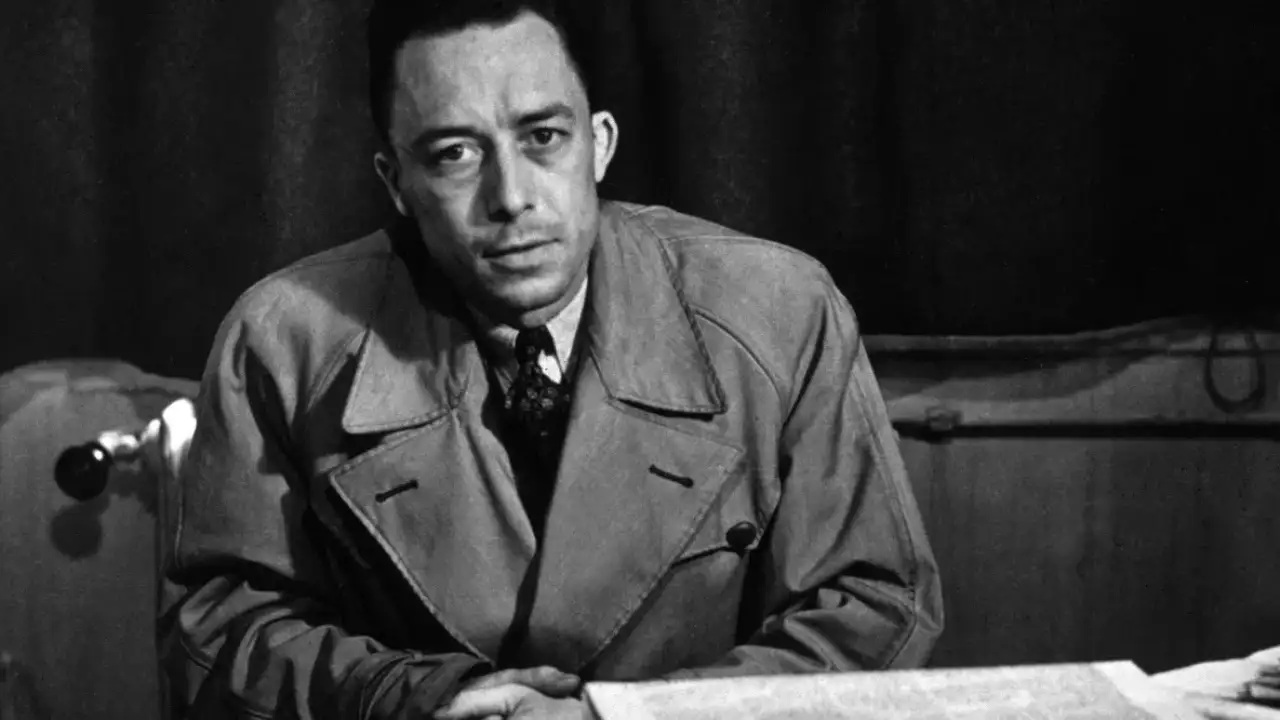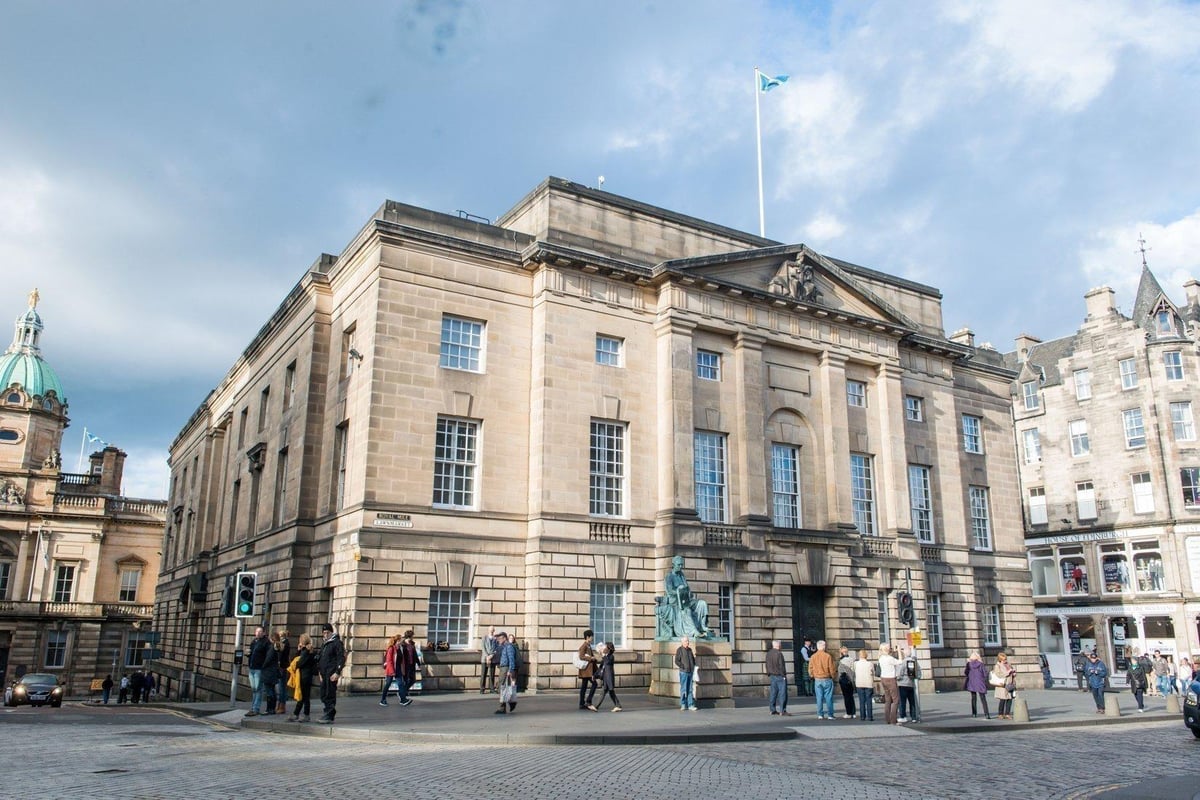Copyright timesnownews

Albert Camus never set out to become the conscience of a century, yet history placed him there. His life was marked by brilliance, loss, and a quiet rebellion against despair. He lived through wars that redefined morality, earned the Nobel Prize for Literature at forty-four, and died just two years later in a car crash that felt like an existential footnote to his own philosophy. The tragedy that shaped him, however, was not only his untimely death but the moral disillusionment that preceded it. It was the slow erosion of faith in human goodness that turned him from philosopher to prophet of absurdity. Also Read: The Rejection That Made Gabriel García Márquez Lock Himself in a Room and Change Literature Forever A Childhood Shaped by Silence and Scarcity Albert Camus was born in 1913 in Mondovi, a small village in French Algeria. His father, a vineyard worker, was killed in the First World War when Albert was barely a year old. His mother, nearly deaf and barely literate, raised him in poverty in the working-class district of Algiers. That early deprivation became the foundation of his moral compass. He would later write that he owed everything to poverty and the sea. Poverty taught him the difference between false values and true necessity. The sea, because it taught him wonder. Camus studied philosophy at the University of Algiers and began writing essays that challenged religious and political orthodoxy. Tuberculosis interrupted his studies more than once, forcing him to confront mortality from an early age. Yet illness also gave him clarity. He began to question what made life worth living when suffering was constant and meaning fragile. The Birth of the Absurd By his twenties, Camus had already begun to articulate what would become his central idea: the absurd. The absurd, he wrote, is born from the confrontation between the human need for meaning and the world’s indifference to that need. There is no resolution to this tension, only the choice of how to live within it. This philosophy took shape in his first major work, 'The Myth of Sisyphus'. In it, Camus reimagined the Greek myth of a man condemned to roll a boulder up a hill only for it to roll back down again. For Camus, Sisyphus was not a figure of punishment but of defiance. “One must imagine Sisyphus happy,” he concluded, suggesting that human dignity lies not in finding meaning but in persisting despite its absence. That same year, he published 'The Stranger', a novel that became an instant classic. Its protagonist, Meursault, kills a man on a sun-drenched beach and feels no remorse. His emotional detachment mirrored a generation numbed by war and alienation. The book’s sparse, unadorned language and moral ambiguity established Camus as a new kind of voice in European literature: one that told uncomfortable truths with brutal simplicity. A War That Shattered His Faith When the Second World War began, Camus joined the French Resistance and worked as editor of the underground newspaper 'Combat'. His wartime writings were urgent and moral rather than ideological. He called for courage, decency, and restraint in an era consumed by hatred. His editorials, later collected in 'Resistance, Rebellion, and Death', were not rallying cries but reminders of humanity’s obligations to itself. When the war ended, Camus should have felt vindicated. Instead, he felt hollow. He saw that victory had not purified mankind. Cruelty and self-interest had simply changed their names. France had been liberated, but its moral wounds remained open. This disillusionment found expression in 'The Plague' (1947), a novel set in a quarantined Algerian city. Beneath the story of a disease outbreak lay a metaphor for moral infection. Camus used the epidemic to expose how ordinary people responded to crisis: some with courage, others with cowardice, many with indifference. The book became a global success and was later seen as one of the century’s most important allegories of human endurance. Recognition and Rebellion By the late 1940s, Camus had achieved international acclaim. His essays, plays, and novels were translated into multiple languages. He was admired by writers such as George Orwell and Graham Greene for his clarity of thought and moral independence. Yet acclaim brought isolation. He broke with Jean-Paul Sartre and the existentialist movement over the issue of revolutionary violence. Sartre’s camp argued that violence could be justified in the pursuit of justice. Camus disagreed, insisting that murder could never be moral, even for a cause. This argument cost him friendships and professional allies, but it also cemented his integrity. His 1951 book 'The Rebel' deepened his moral stance. It examined how revolutions, born from the desire for justice, often became systems of oppression. Camus argued that rebellion must always be tempered by limits, that to fight injustice without becoming unjust required humility. Critics accused him of being naïve, but his warning now reads as prophetic. The Nobel Prize and a Growing Weariness In 1957, Albert Camus received the Nobel Prize for Literature for illuminating the problems of the human conscience in the modern age. He was only forty-four, one of the youngest laureates ever. In his acceptance speech in Stockholm, he spoke not of fame or intellect, but of responsibility. “Each generation,” he said, “doubtless feels called to reform the world. Mine knows that it will not reform it, but its task is perhaps greater. It consists of preventing the world from destroying itself.” The speech revealed a weary wisdom. Camus no longer believed in progress as salvation. He had seen too much cruelty disguised as ideology. Yet he refused to despair entirely. His faith had shifted from humanity as a collective to the individual acts of kindness that kept civilisation from collapsing. The Car Crash That Silenced a Philosopher On 4 January 1960, Camus was travelling with his publisher, Michel Gallimard, from Lourmarin to Paris. Gallimard’s Facel Vega skidded off an icy road and hit a tree. Camus died instantly. In his briefcase was a train ticket he had decided not to use, and the unfinished manuscript of 'The First Man', a novel based on his own childhood. He was forty-six. His death felt almost scripted by fate. The man who had written that life was absurd had met an absurd end. Yet 'The First Man', published posthumously in 1994, revealed a side of Camus few had seen. It was intimate, forgiving, and tender. He wrote of his mother’s silence, of the light of Algiers, and of a childhood where joy and suffering coexisted. The book suggested that Camus, after a lifetime of moral struggle, had begun to make peace with the world he had spent years questioning. The Philosopher Who Refused to Hate Camus’s achievements extend beyond philosophy. He wrote plays such as 'Caligula' and 'The Misunderstanding', essays like 'Nuptials' and 'The Rebel', and novels that reshaped European literature. His influence spans disciplines — philosophy, politics, and art. He inspired generations of thinkers, from Václav Havel to James Baldwin, who admired his insistence that morality must never bow to ideology. What made Camus extraordinary was not his intellect alone, but his compassion. He understood that the world’s cruelty was inseparable from its beauty. He wrote not to condemn humanity but to hold it accountable. In his moral universe, goodness was not a grand achievement but a daily decision. Albert Camus’s tragedy was not merely his untimely death but his relentless awareness of human frailty. He saw that people could commit unspeakable acts and still believe themselves righteous. He witnessed nations turn idealism into tyranny. Yet he never stopped insisting on the importance of dignity, courage, and empathy. His philosophy of the absurd remains a paradox of hope. He taught that life has no ultimate meaning, yet that this absence is what makes meaning possible. To live, for Camus, was to rebel quietly against despair, to continue pushing the boulder up the hill even when it rolls back down. Also Read: The Debt, the Deadline, and the Dostoevsky Novel That Changed Everything More than six decades after his death, Camus remains one of the few writers who combined moral clarity with literary grace. He doubted humanity’s goodness, yet his doubt was a form of love, the kind that refuses to look away. His work endures because it reminds readers that the struggle for decency, however fragile, is still worth waging. Albert Camus did not ask us to believe in a better world. He asked us to behave as if one were still possible.



